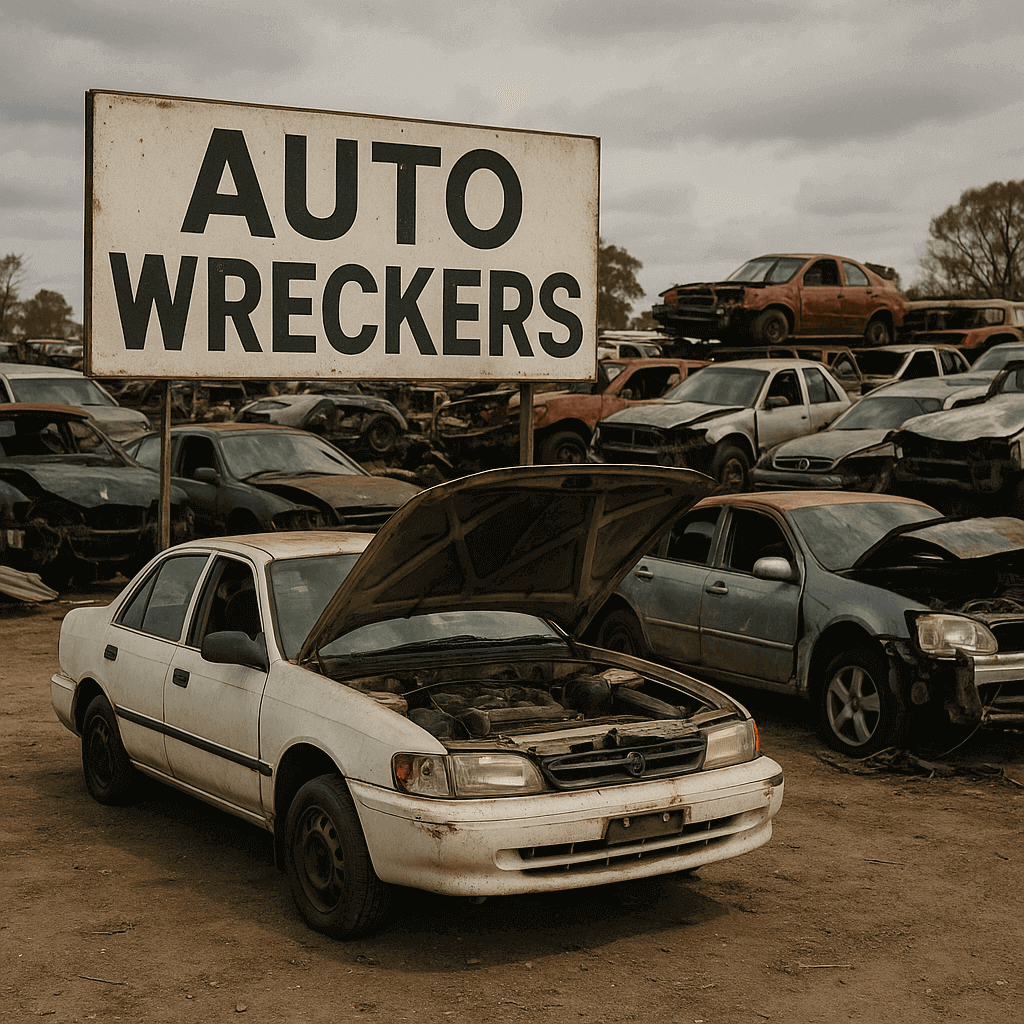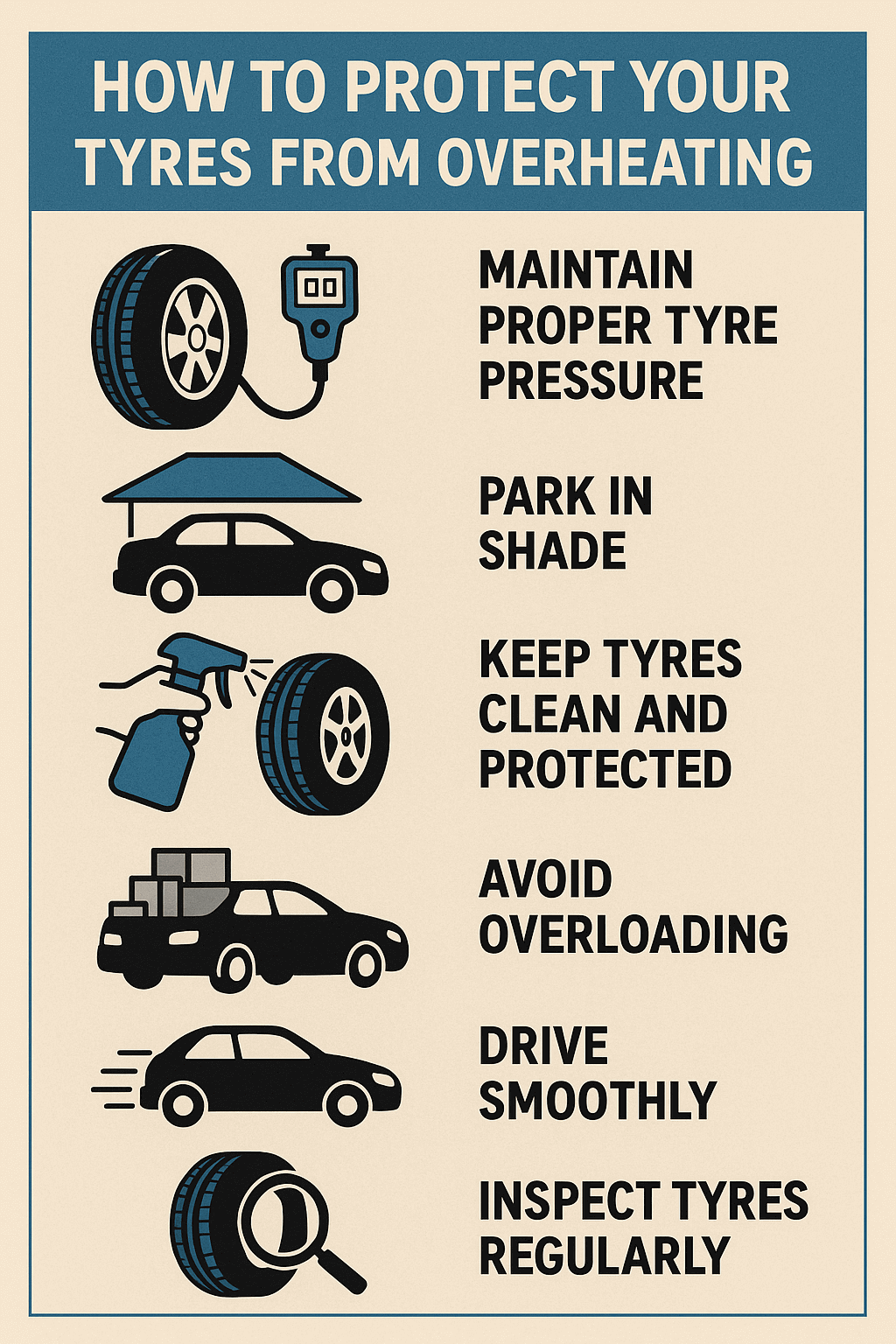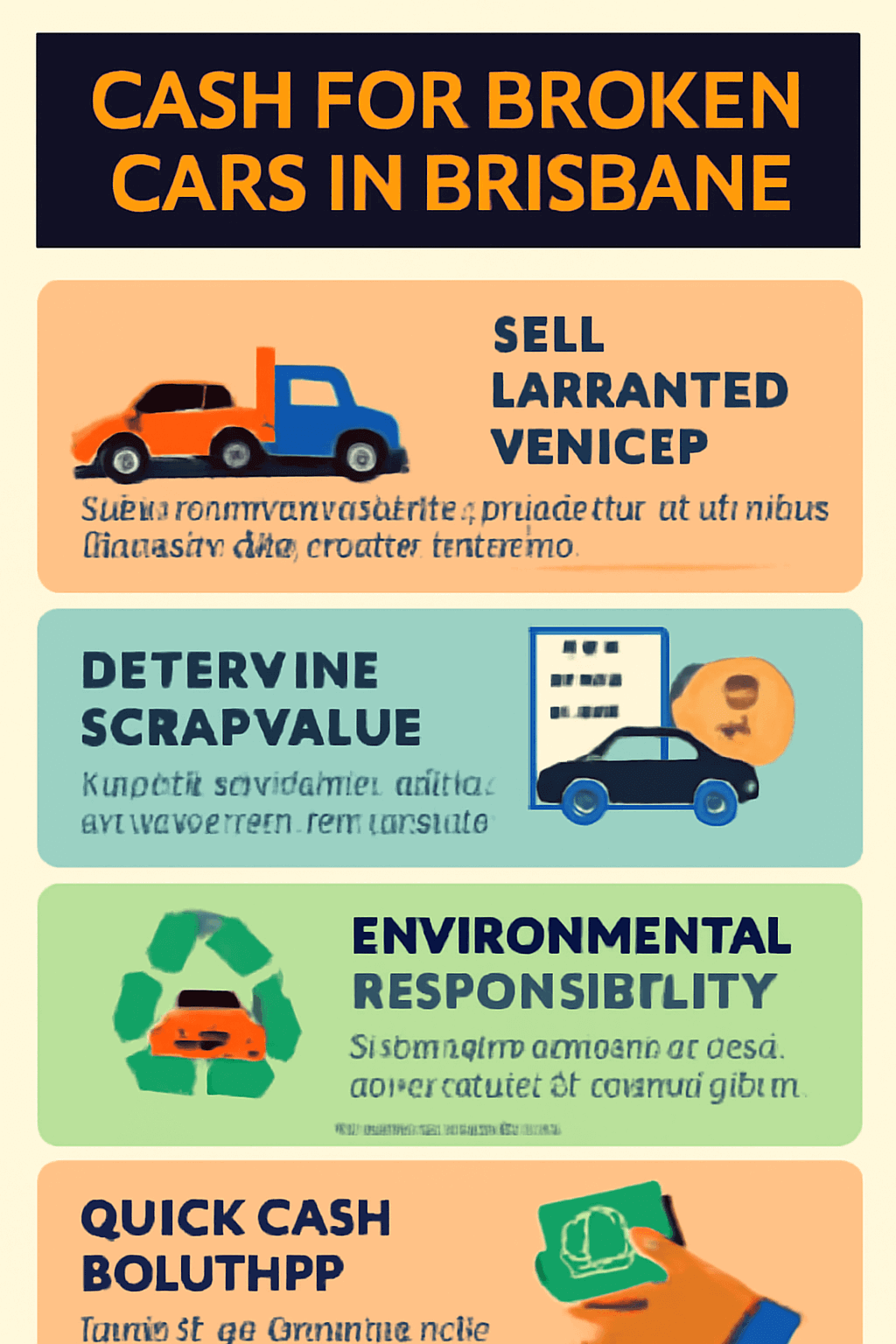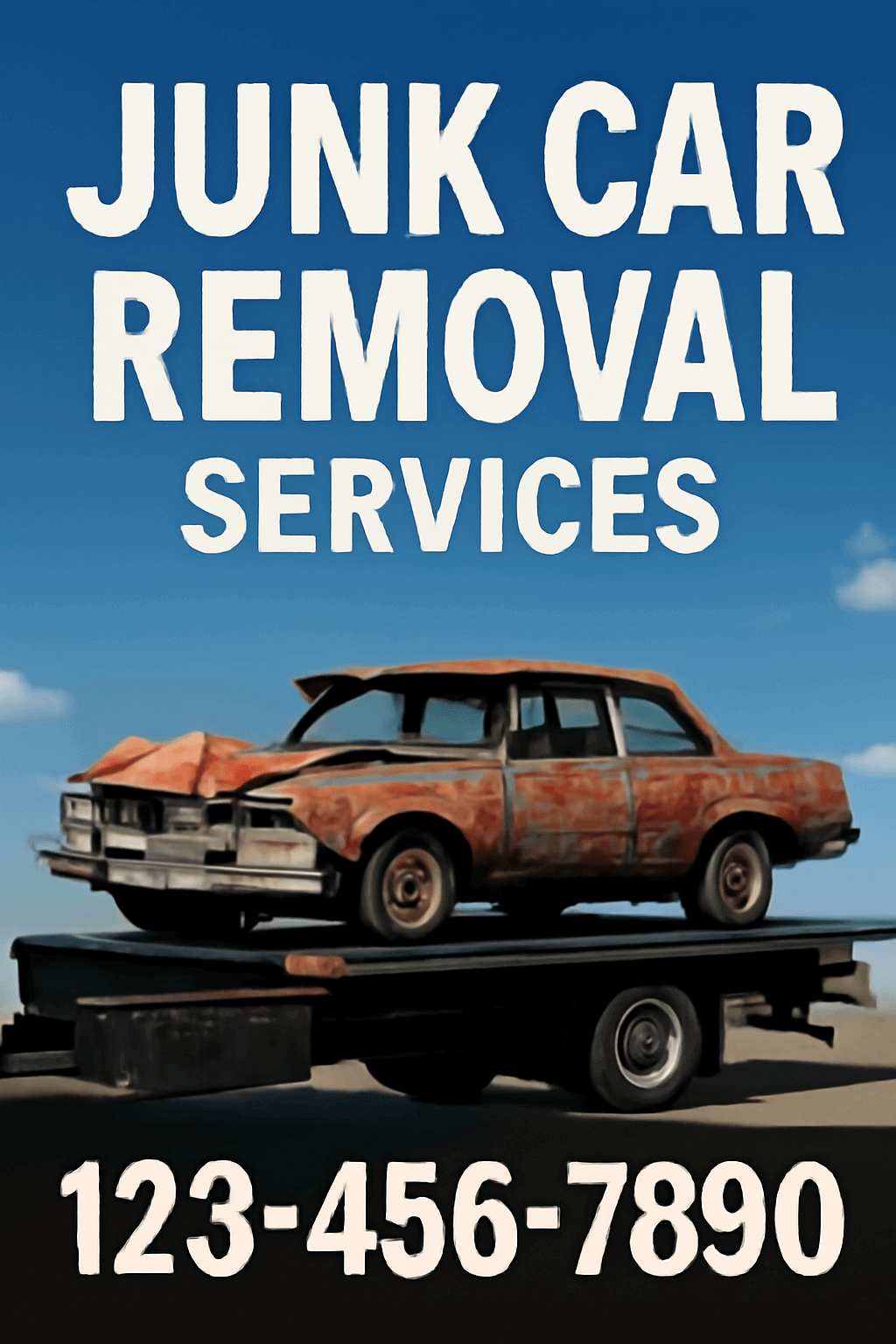Car wrecking vs. selling to a dealer
When faced with a decision about what to do with an old or damaged car, two standard options arise: car wrecking and selling to a dealer. Each choice comes with its own set of advantages and disadvantages, making it crucial for car owners to understand the implications of each before making a decision.
What is Car Wrecking?
Car wrecking involves dismantling a vehicle and selling its parts for reuse or recycling. This process can be done by specialized car wreckers who extract valuable components like engines, transmissions, and body parts, which are then sold to buyers looking for affordable replacement parts.
Pros of Car Wrecking
Environmental Benefits:
Recycling car parts reduces the need for new manufacturing, lowering the overall carbon footprint.
Cost-Effective:
Wrecking a car can be more economical than repairing it, especially for older vehicles with extensive damage.
Supports Local Businesses:
Car wreckers provide employment opportunities and support the local economy.
Cons of Car Wrecking
Time-Consuming:
The process of dismantling and selling parts can be time-consuming and may yield only a short time.
Limited Value:
Some parts may have minimal resale value, reducing the overall profit from wrecking a car.
Storage Challenges:
Storing salvaged parts can be a logistical challenge for individuals without adequate space.
What is Selling to a Dealer?
Selling a car to a dealer involves trading the vehicle directly to a dealership in exchange for cash or credit toward a new purchase. Dealerships then refurbish and resell these cars to customers looking for pre-owned vehicles.
Pros of Selling to a Dealer
Convenience:
Dealerships handle the entire selling process, from inspection to paperwork, making it convenient for car owners.
Quick Cash:
Selling to a dealer can provide immediate cash, which can be beneficial for urgent financial needs.
Trade-In Options:
Some dealerships offer trade-in options where the value of the old car is deducted from the price of a new purchase.
Cons of Selling to a Dealer
Lower Value:
Dealerships may offer lower prices compared to private sales, reducing the overall profit for the car owner.
Limited Negotiation:
Dealership offers are often non-negotiable, leaving little room for price adjustments.
Depreciation Concerns:
Older or damaged cars may depreciate significantly when sold to a dealer, affecting the final sale price.
Factors to Consider
When deciding between car wrecking and selling to a dealer, several factors should be taken into account:
Condition of the Car:
The extent of damage and the car’s overall condition can influence the viability of each option.
Financial Needs:
Consider whether immediate cash or long-term environmental benefits are more critical.
Time Constraints:
Evaluate the time it takes to complete each process and choose accordingly.
Personal Preferences:
Some individuals may prefer supporting local businesses through car wrecking, while others prioritize convenience with dealership sales.
Decision-Making Process
To make an informed decision, car owners should:
Research Options:
Gather information about local car wreckers and dealership offers.
Evaluate Costs:
Compare the potential financial gains and losses of each option.
Assess Environmental Impact:
Consider the eco-friendly aspects of car wrecking versus dealership sales.
Seek Professional Advice:
Consult with experts or experienced individuals for guidance.
Environmental Impact
Car wrecking contributes positively to the environment by reducing the demand for new car parts and promoting recycling practices. Selling to a dealer, while convenient, may lead to increased manufacturing and resource consumption.
Financial Implications
The financial outcome of car wrecking versus selling to a dealer varies based on individual circumstances. Car owners should weigh the costs and benefits carefully before making a decision.
FAQs
Car wrecking can be profitable depending on the condition of the car and the demand for its parts in the market.
Dealership offers are often fixed, but negotiating is still possible, especially if you have valuable upgrades or features in your car.
Yes, car wrecking reduces the demand for new car parts, promoting sustainability and recycling.
The process can vary but typically takes a few days to a week, depending on the dealership’s policies and procedures.
Yes, many dealerships accept damaged cars, but the offer price may be lower than for undamaged vehicles.
Conclusion
In conclusion, both car wrecking and selling to a dealer offer unique advantages and drawbacks. The choice ultimately depends on factors such as the car’s condition, financial needs, and environmental considerations. By carefully evaluating these aspects and seeking informed advice, car owners can make a decision that aligns with their priorities and goals.






